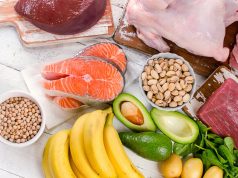In today’s fast-paced world, maintaining a balanced diet often feels like a daunting challenge. With endless choices and a sea of information, it can be overwhelming to determine which foods truly nourish our bodies and promote optimal health. But what if the solution lies in simplicity—choosing foods that are naturally packed with nutrients? Welcome to the world of nutrient-dense foods, where every bite counts and each meal is an opportunity to fuel your body with essential vitamins, minerals, and antioxidants. In this article, we’ll explore the best nutrient-dense foods to incorporate into your diet, empowering you to make informed choices that support your well-being. Whether you’re a seasoned health enthusiast or just beginning your journey to better nutrition, we’re here to guide you with compassion and clarity, helping you embrace a lifestyle that prioritizes nourishment and vitality.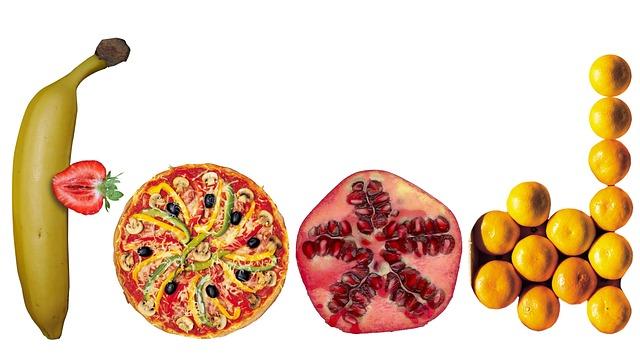
Understanding Nutrient Density and Its Importance for Your Health
In the quest for optimal health, focusing on foods rich in essential nutrients can make a world of difference. Nutrient density refers to the amount of beneficial nutrients in a food product in relation to the energy it provides. Consuming nutrient-dense foods helps ensure that your body gets the vitamins, minerals, and other nutrients it needs without excess calories.
To enhance your diet with nutrient-dense foods, consider incorporating the following into your meals:
- Leafy Greens: Spinach, kale, and Swiss chard are packed with vitamins A, C, and K, as well as iron and calcium.
- Berries: Blueberries, strawberries, and raspberries are high in antioxidants, fiber, and vitamin C.
- Nuts and Seeds: Almonds, chia seeds, and flaxseeds offer healthy fats, protein, and important minerals like magnesium and zinc.
- Fatty Fish: Salmon, mackerel, and sardines are excellent sources of omega-3 fatty acids, which are crucial for heart and brain health.
- Legumes: Lentils, chickpeas, and black beans provide protein, fiber, and a variety of vitamins and minerals.
| Food | Key Nutrients | Health Benefits |
|---|---|---|
| Spinach | Vitamins A, C, K, Iron | Supports immune function and bone health |
| Blueberries | Antioxidants, Fiber | Improves memory and heart health |
| Salmon | Omega-3 Fatty Acids | Reduces inflammation and supports brain health |
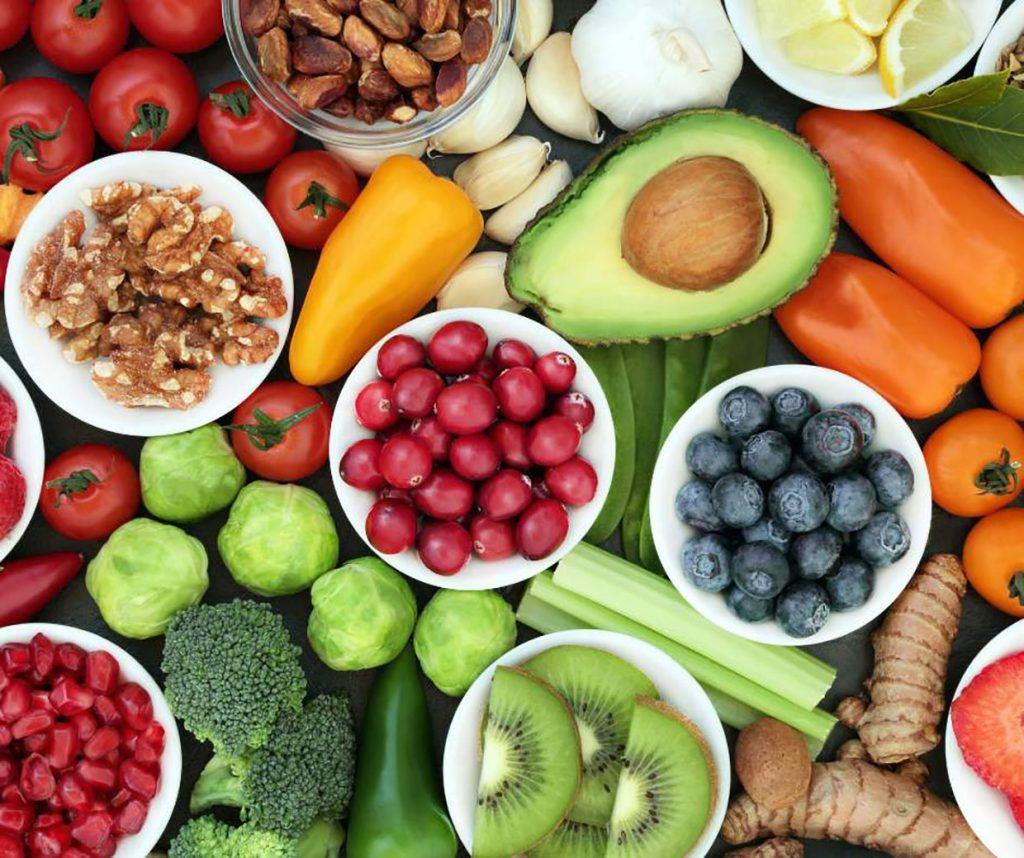
Discover Top Nutrient Dense Foods to Boost Your Well-being
Elevate your nutrition game with foods that pack a powerful punch of vitamins, minerals, and antioxidants. These nutrient powerhouses are not just about filling your plate but nourishing your body and mind.
- Kale: This leafy green is a superstar, offering a wealth of vitamins A, C, and K, alongside fiber and antioxidants.
- Blueberries: Small but mighty, these berries are rich in antioxidants and phytoflavinoids, making them a top choice for heart health.
- Quinoa: A complete protein source, quinoa provides essential amino acids and is a fantastic gluten-free grain alternative.
- Salmon: Packed with omega-3 fatty acids, salmon supports brain health and reduces inflammation.
- Sweet Potatoes: High in beta-carotene and vitamin C, sweet potatoes are excellent for boosting your immune system.
| Food | Key Nutrients | Benefits |
|---|---|---|
| Kale | Vitamins A, C, K | Boosts vision, immune function |
| Blueberries | Antioxidants, Vitamin C | Improves heart health |
| Quinoa | Protein, Fiber | Supports muscle repair |
| Salmon | Omega-3, Protein | Enhances brain health |
| Sweet Potatoes | Beta-Carotene, Vitamin C | Strengthens immunity |
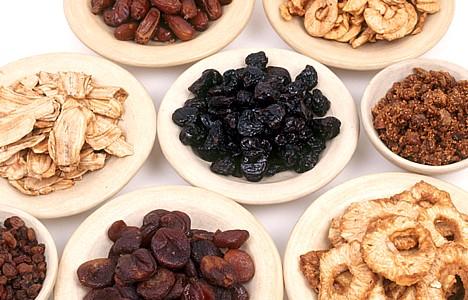
Incorporating Nutrient Dense Foods into Your Daily Meals
When it comes to elevating your meal plan with nutrient-rich options, variety and balance are key. Incorporating a diverse range of foods ensures you get a spectrum of vitamins and minerals, supporting overall health and well-being. Here are some top picks to enrich your daily meals:
- Leafy Greens: Spinach, kale, and Swiss chard are packed with vitamins A, C, and K, as well as essential minerals like iron and calcium. These greens can be easily added to smoothies, salads, or stir-fries for a nutritious boost.
- Berries: Blueberries, strawberries, and raspberries are not only delicious but also high in antioxidants. They make an excellent addition to breakfast cereals, yogurts, or as a sweet snack on their own.
- Nuts and Seeds: Almonds, walnuts, chia seeds, and flaxseeds are rich in healthy fats, protein, and fiber. Sprinkle them on oatmeal, blend them into smoothies, or enjoy them as a crunchy topping on salads.
To help you easily incorporate these foods into your diet, consider the following simple meal ideas:
| Meal | Idea |
|---|---|
| Breakfast | Overnight oats with chia seeds and fresh berries. |
| Lunch | Quinoa salad with spinach, cherry tomatoes, and walnuts. |
| Dinner | Grilled salmon with a side of kale sautéed in olive oil. |
By incorporating these nutrient-dense foods into your meals, you not only enhance the flavor and variety of your diet but also support your body’s nutritional needs effectively. Remember, small changes can lead to significant health benefits over time.
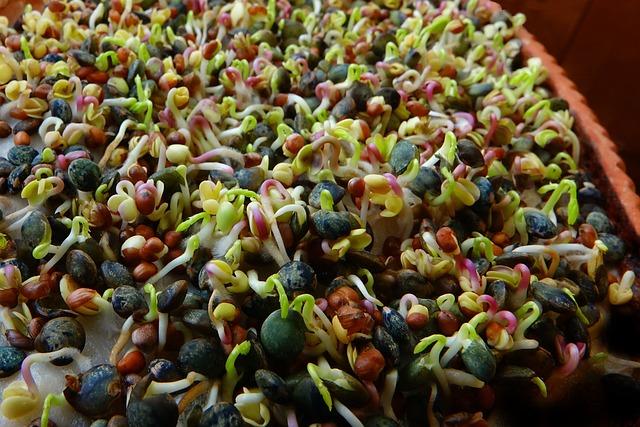
Practical Tips for Maximizing Nutrient Intake Without Overeating
Finding the balance between nutrient intake and portion control can sometimes feel like a tightrope walk. However, with a few strategic choices, you can easily maximize your nutrient intake without feeling like you’re depriving yourself. Here are some practical tips to help you achieve this:
- Focus on Whole Foods: Incorporate whole, unprocessed foods into your meals. Foods like leafy greens, nuts, seeds, and whole grains are naturally nutrient-dense, offering a variety of vitamins and minerals in smaller servings.
- Prioritize Protein: Protein-rich foods such as beans, legumes, lean meats, and dairy can help keep you satiated for longer, reducing the urge to overeat. Consider using smaller portions of high-quality protein to complement your meals.
- Embrace Healthy Fats: Incorporate sources of healthy fats like avocados, olive oil, and fatty fish, which are not only nutrient-rich but also help enhance the absorption of fat-soluble vitamins.
Consider the following table as a quick reference for nutrient-dense food choices that can easily fit into any meal plan:
| Food | Key Nutrients | Suggested Serving |
|---|---|---|
| Kale | Vitamins A, C, K | 1 cup |
| Quinoa | Protein, Fiber, Iron | 1/2 cup cooked |
| Almonds | Vitamin E, Magnesium | 1 oz (about 23 nuts) |
By focusing on these nutrient-packed options, you can ensure you’re getting the most out of your meals without the need for large portions. Remember, a mindful approach to eating is key to sustaining a healthy and balanced diet.
































